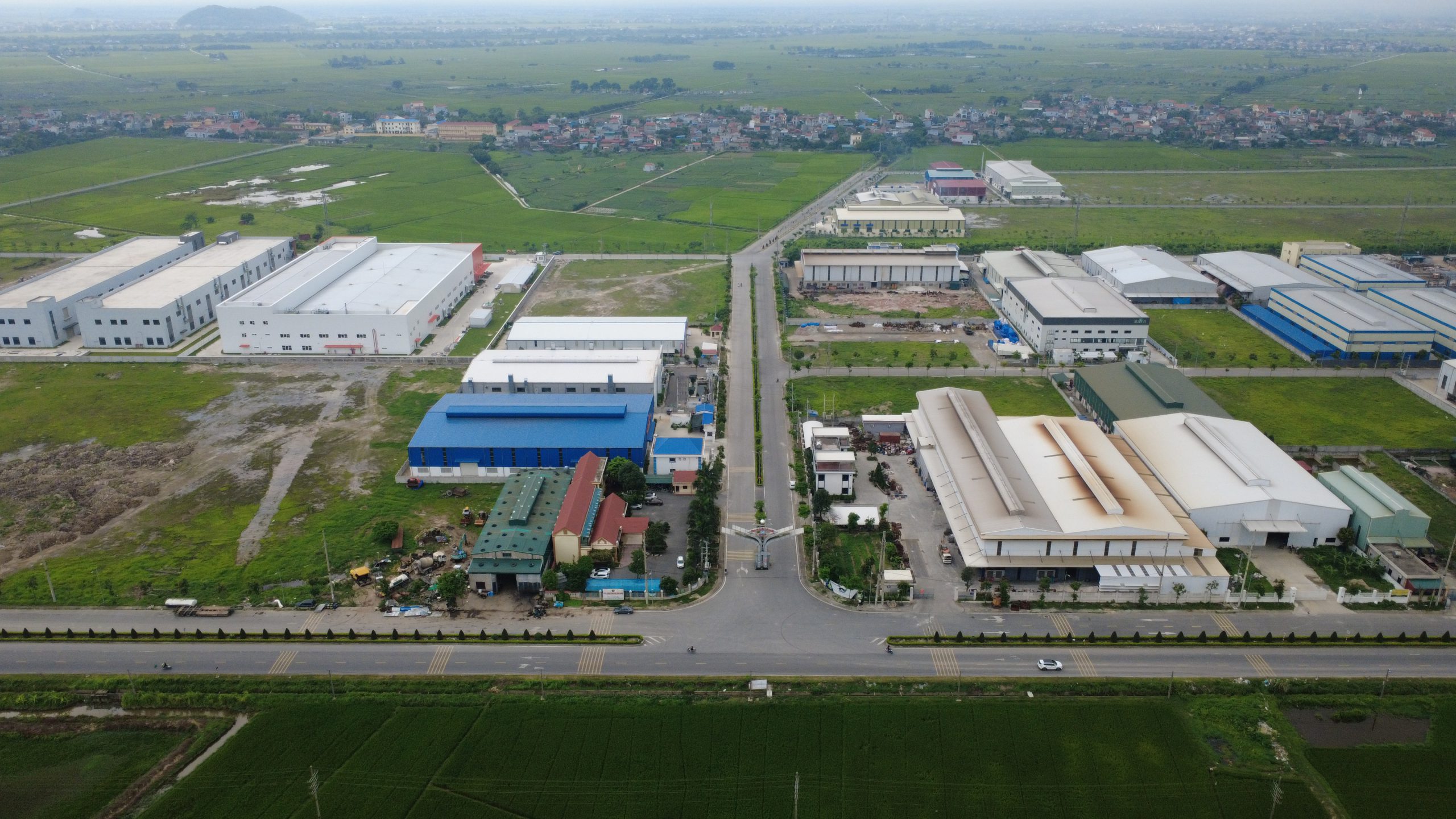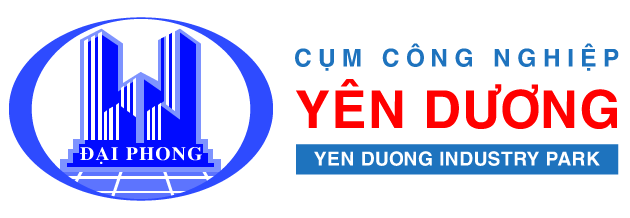Last Updated on 02/06/2025 by daiphong
In the context of Vietnam’s increasingly deep economic integration, the demand for industrial land and for-lease factories is on the rise. Terms like “Industrial Park” and “Industrial Cluster” are frequently mentioned, but not everyone fully understands the differences between them. This article will help investors and businesses clearly distinguish these two models, thereby making the most effective investment decisions in industrial real estate.
I. Traditional Industrial Parks: A Solid Foundation for Industrial Development
To understand Industrial Clusters, we first need to look at Traditional Industrial Parks.
1. Definition and Key Features of an Industrial Park
An Industrial Park is an area that aggregates industrial production enterprises, services, and synchronized infrastructure, established according to government planning.
Features:
- Large Scale: Often spans hundreds, or even thousands of hectares.
- Synchronized Technical Infrastructure: Includes internal transportation systems, water supply and drainage, electricity, telecommunications, and centralized wastewater treatment. Large Industrial Parks often have residential areas and accompanying services.
- High Connectivity: Typically located near key transportation routes, seaports, and airports, facilitating logistics and supply chains.
- Centralized Management: Managed by the Industrial Park Management Board or an infrastructure development company, ensuring compliance with environmental, construction, and labor regulations.
- Target Tenants: A diverse range of businesses, from manufacturing and assembly to high-tech industries and logistics.
2. Advantages and Disadvantages of Investing in an Industrial Park
Advantages:
- Complete Infrastructure: Allows businesses to quickly commence operations without significant initial investment in basic infrastructure.
- Stable Investment Environment: Clear planning, transparent legal framework, and state encouragement for development.
- Diverse Support Services: Often includes services such as customs, banking, and logistics available within or near the premises.
- Sustainable Development Potential: Part of regional economic development strategies, attracting many large projects, creating an industrial ecosystem.
Disadvantages:
- Higher Land/Factory Rental Costs: Due to large scale, synchronized infrastructure, and advantageous location.
- Larger Initial Capital Requirements: Suitable for businesses with strong financial capabilities.
- Potentially More Complex Procedures: Due to strict control processes and high standard requirements.
II. Industrial Clusters: A Flexible Solution for Small and Medium-sized Enterprises and Manufacturing Startups
While Industrial Parks are the preferred choice for large corporations, Industrial Clusters are emerging as an ideal solution for small and medium-sized enterprises, or specialized industries.
1. Definition and Features of an Industrial Cluster
An Industrial Cluster is an area concentrating industrial production enterprises and handicraft industries with a smaller scale than an Industrial Park, usually managed and developed by the district-level People’s Committee.
Features:
- Smaller Scale: Areas typically range from a few hectares to under 75 hectares.
- Industry-specific Focus: Often attracts businesses from the same industry or related industries to form a value chain. This helps optimize internal supply chains and logistics.
- Simpler Infrastructure: Although basic infrastructure (electricity, water, internal roads) is present, it may not be as synchronized and modern as in large Industrial Parks. Wastewater treatment systems might be cluster-based or individual.
- Locally Oriented: Often formed in localities to promote local industrial development, address labor issues, and transform the economic structure.
- Locally Managed: Typically managed by the district-level People’s Committee or a direct Industrial Cluster management board.
2. Advantages and Disadvantages of Investing in an Industrial Cluster
Advantages:
- Lower Costs: The price of industrial land or for-lease factories in an Industrial Cluster is usually more reasonable, suitable for the budget of small and medium-sized enterprises.
- Simpler Procedures: Rental and operational procedures are often less complex than in an Industrial Park.
- Flexible Location Choices: Industrial Clusters can be developed in various areas, including rural regions, offering businesses access to local labor resources and reducing operating costs.
- Support from Local Authorities: As district-level projects, businesses in Industrial Clusters often receive direct support from local authorities regarding procedures, site clearance, and sometimes even investment incentives.
- Community Environment: Businesses within the same Industrial Cluster often connect, share experiences, and support each other.
Disadvantages:
- Potentially Incomplete Infrastructure: Especially in newly established Industrial Clusters, infrastructure systems might not meet the high standards of an Industrial Park.
- Limited Access to Services: Support services such as banking, logistics, and residential areas might not be available within the Industrial Cluster.
- Less Known: Compared to large Industrial Parks, Industrial Clusters might receive less media attention, requiring businesses to conduct more thorough research.

Aerial view of Yen Duong Industrial Cluster, Y Yen, Nam Dinh – showcasing optimal industrial real estate for SMEs and manufacturing startups.
III. Detailed Comparison Table: Industrial Park vs. Industrial Cluster
For a comprehensive overview, here is a detailed comparison table between an Industrial Park and an Industrial Cluster:
IV. Investment Advice for You in the Industrial Real Estate Sector
The choice of investing in an Industrial Park or an Industrial Cluster depends on many factors: business scale, production industry, financial capacity, and long-term development strategy.
- If you are a large enterprise with strong financial capabilities, or require a high-tech, large-scale manufacturing ecosystem: an Industrial Park is an ideal choice. You will benefit from synchronized infrastructure, comprehensive services, and a stable investment environment. Your search terms might focus on “for-lease industrial park land“, “high-end industrial factories“.
- If you are a small or medium-sized enterprise, a startup, or operate in handicraft industries, specialized sectors: an Industrial Cluster offers better opportunities with reasonable costs and flexible procedures. This is an optimal solution to minimize initial costs, focusing on production and business. You might search for terms like “affordable industrial land“, “for-lease industrial cluster factories“.
Do not hesitate to contact us for in-depth consultation on investment options suitable for your business’s goals and development strategy! We are always ready to accompany you on your journey to success in the industrial land and industrial real estate sector.
CONTACT INFORMATION – YEN DUONG INDUSTRIAL CLUSTER
Management & Development Unit: Dai Phong Infrastructure Construction Joint Stock Company
Industrial Park Management Board Office Address: Yen Duong Industrial Cluster, Yen Duong Commune, Ý Yên District, Nam Định Province, Vietnam.
Multilingual Support Hotline:
- Mr. Linh – Sales Director: (+84) 961.716.777
- Vietnamese (Mrs. Giang – Domestic Client Manager): (+84) 961.157.699
- English (Mrs. Hải – English-speaking Client Manager): (+84) 961.185.699
- Chinese (Ms. Ngọc – Deputy Head, Chinese-speaking Client Manager): (+84) 961.085.699
Email: cumcongnghiepyenduong@gmail.com
Website: https://cumcongnghiepyenduong.com

